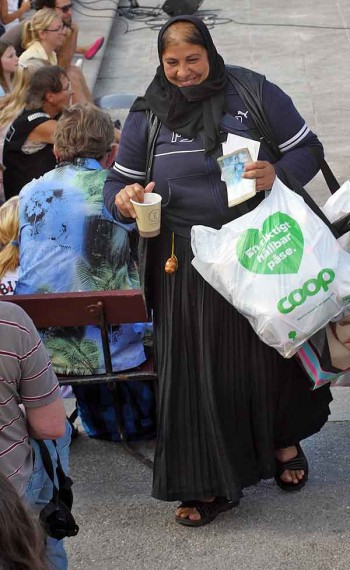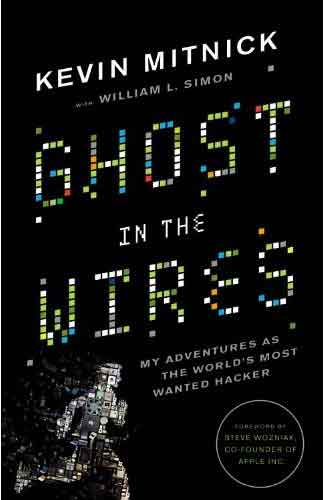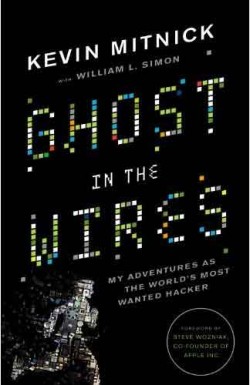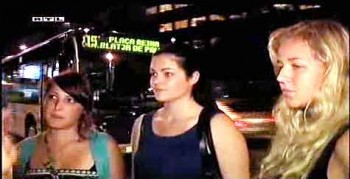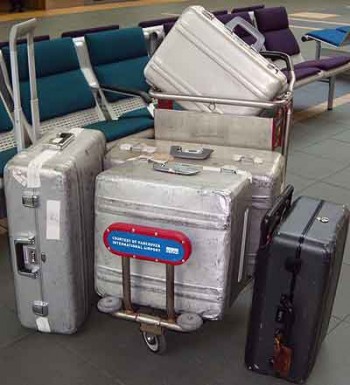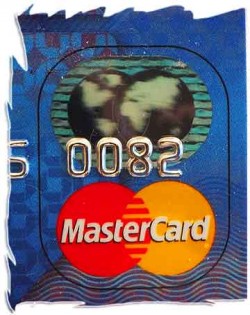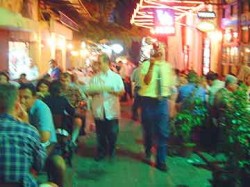
Trust me…
The gentlemen thief of the strategist variety is a consummate con man. By design, he thwarts suspicion and earns his intended victim’s confidence by his dress and demeanor. He puts on respectability and trustworthiness as if they were a jacket and tie, then garnishes the look with manners and decorum, like cufflinks and a spit-shine. But his garments are mere costumes, uniforms donned for gainful occupation, flimsy facades contrived to trick us into allowing him access to our spheres.
How can one beware the wolf in sheep’s clothing? It’s our nature to trust first, suspect later; and it’s darn difficult to overcome our nature. We almost always give the benefit of the doubt, assume one is innocent until proven guilty. Especially in a foreign country—where we’re ignorant of the local customs—we hesitate to doubt a motive for fear of offending.
Cynicism is an unnatural state for a traveler who has come far to experience a new land and unfamiliar traditions. We arrive prepared to embrace our local hosts, however alien or exotic they seem to us. After all, it’s their country. We want to like them. Yet, we don’t know how to read these foreigners, even though they may seem just like us. We can’t always interpret their body language, their facial expressions, their gestures. Neither do we recognize their outsiders. We’re at a distinct disadvantage as tourists and travelers, due to our nature as much as our innocence. How then, can we be alert to that insidious impostor?

Bob Arno and I are loath to imply that strangers cannot be trusted; most can. Yet, for every crook and scoundrel we meet, for every victim’s story we hear, we feel ourselves harden. Our antennas get longer, our trust diminishes. We advise: protect your sphere. Don’t let a stranger penetrate your personal space. Suspect the unknown person who suddenly wants to be your friend—the stranger who wants your confidence.
The strategist pickpockets are clever. Unlike the opportunists who wait for a lucky chance, the strategists create their own opportunities, and make participants of their victims. You, the savvy traveler, will simply refuse to participate.
That requires the intentional cultivation of your under-developed kernel of cynicism, growing it until, at least, it is large enough and accessible enough to kick in when needed. That would be just when the deal-that’s-too-good-to-be-true finds you; the moment you are offered a free flower, and when approached by pseudo-cops (fake police), bucket bandits, and sandwich thieves (who do not steal sandwiches). “Look over there!” Ha-ha, got your goodies!

Deception in Thievery
Deceptive pickpockets and con artists are skilled in the art of social engineering. They develop (and clone) strategies to trick you into making your valuables available. They perform tiny plays, micro-choreographed from intricate scripts, in which you are a participant. Meet the smartphone thieves, magicians in their class. The whole act is over in an instant or two. There’s no applause, but if the thief has done well, he’s got something better. And then it’s “exit, stage left.”
Especially devious are those I call the pigeon poop perps. These thieves surreptitiously dirty their victims, empathetically point out the stain, then volunteer to clean it off. Unsurprisingly, they’re armed with a bottle of water and tissues—tools of their trade. As they clean them off, they clean them out, in one variation or another. And the victims? They allowed that stranger to touch them all over—brilliant!
There’s nothing like a thieving good samaritan to erode one’s faith in humanity.

Birds and their excrement seem to figure frequently in the world of street thievery. While pigeon pooping is unrelated to pigeon dropping—a scam in which greed trumps logic over found money—both require a gull, someone easily tricked or cheated, a dupe, a person who is gullible. When we hear about people taken in pigeon drop scams, Bob and I wonder how anyone could be so naive. Yet these swindles proliferate relentlessly, constantly reinvented to suck in the greedy. Beware: someone, somewhere, has devised a pigeon drop just for you.
Con artists who practice the pigeon drop and the bait-and-switch and all the many variants of these scams are the epitome of their label. They are the ultimate confidence men, both seeking and pretending to offer the trust of a stranger. We’re in this together, they intimate. It may be wrong, but it’s you and me against the bad guys. Pavement wager gamers who run the three-shell game and three-card-monte rely on their shills to inspire confidence while they promise the chance of easy money. As the victims of these con artists count cash into the hands of their covert tricksters, they expect to receive value for money. They expect to get rich, get a killer deal, win big.
The moral of con artist story might be if it seems too good to be true, run! But greed drives the victims of these cons, and greed trumps reason. For the con men, that spells advantage: because a gull blinded by greed is a victim indeed.
Deception in thievery is an intentional act. It’s why you can’t spot a thief in a crowd. Picture a grandmother, a trendy teen, an older gentleman, an adorable child…. A pickpocket could be anyone. That good samaritan who wants to help you heave your bags onto the train, or sell you an iPad, or fix your flat tire—they’ve all got thievery on their minds.
Poor us—we’re pretty much trained to trust first, doubt later. We have a definite deficit in the cynicism department. And that’s no contest against the deceptive thieves.










